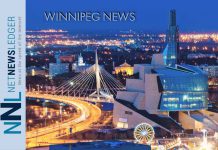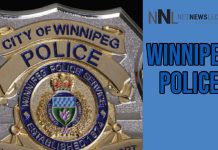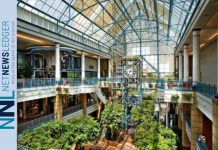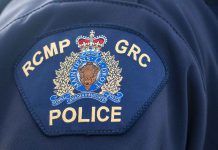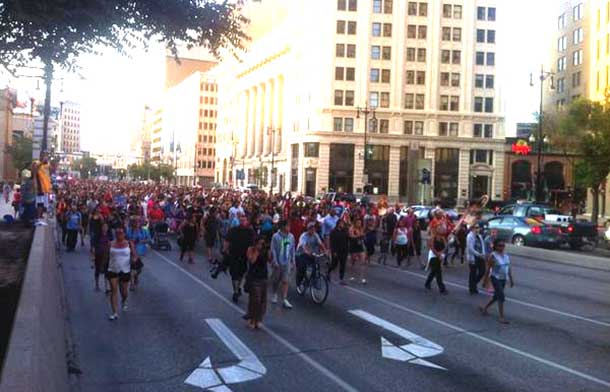
WINNIPEG – The Mayor of Winnipeg is making 2016 a “Year of Reconciliation” for Winnipeg. The City of Winnipeg in recent years has garnered the terrible title as Canada’s most racist city.
“Winnipeg is a growing, thriving, and diverse city. Now, more than ever, is a time for us to embrace our values of openness and compassion, and realize that acceptance of new people and cultures are what make us strong,” said Mayor Bowman.
“I want to challenge all Winnipeggers to find ways in the coming year to respond to the calls to action outlined in the Truth and Reconciliation Commission, and continue to take tangible steps to do their part to be more inclusive.”
Commits to Developing an Urban Aboriginal Accord
In making the declaration, Mayor Brian Bowman has declared 2016 as the Year of Reconciliation for Winnipeg, and committed to developing an Urban Aboriginal Accord for Winnipeg that will recognize the role Aboriginal people have played in Canadian history, and will further strengthen relationships with Aboriginal governments, peoples, and communities.
“A year ago today, Maclean’s magazine identified Winnipeg as the most racist city in Canada,” said Mayor Bowman. “As a community, we had to choose between dismissing that characterization or acknowledging we needed to strengthen our efforts in building understanding and empathy, and celebrating the diversity that makes our city strong.”
“Over the last year, I believe we were able to reignite the public conversation and dialogue on racism and inclusion, and I believe we have been able to shift the tone. We need to continue our efforts, however, and by declaring 2016 as a Year of Reconciliation for Winnipeg it will build on the important work of the Truth and Reconciliation Commission and enable us to continue the dialogue and maintain our focus, as a community, to be more inclusive.”
As part of this announcement, Mayor Bowman made the following commitments:
Develop an Urban Aboriginal Accord for Winnipeg – working with the Mayor’s Indigenous Advisory Circle, this accord will be modeled on similar accords in place with the cities of Thompson and Edmonton, and will be the basis on which to strengthen relationships with Aboriginal governments and people.
Work with Council to support the implementation of Truth and Reconciliation Commission calls to action that are directed at municipalities including:
- Education – enhance the City of Winnipeg’s existing diversity training for employees by making it mandatory for all City of Winnipeg staff with an increased focus on the legacy of residential schools.
- Commemoration/Education – work with residential school survivors, the Truth and Reconciliation Commission, and existing owners to establish historical signage at the former Assiniboia Indian Residential School on Academy Road.
- Engagement – Winnipeg Library Services will seek to partner with the National Centre for Truth and Reconciliation to become more actively involved in public engagement, education, and reconciliation activities.
Support the extension of the Winnipeg Private Refugee Sponsorship Assurance Program – this unique program offers financial assurance to groups that provide private sponsorship of refugees in the event the sponsorship breaks down.
Explore opportunities through the Federation of Canadian Municipalities – to identify ways to allow Mayors to share and learn what cities are doing across Canada to promote racial inclusion and address the challenges of racism.
Visit every high school in Winnipeg over the next two years – to emphasize the importance of civic engagement, reconciliation and diversity.
Continue to welcome and support refugees, and foster a strong relationship with provincial and federal partners – to further enrich Winnipeg’s diverse cultural fabric.


